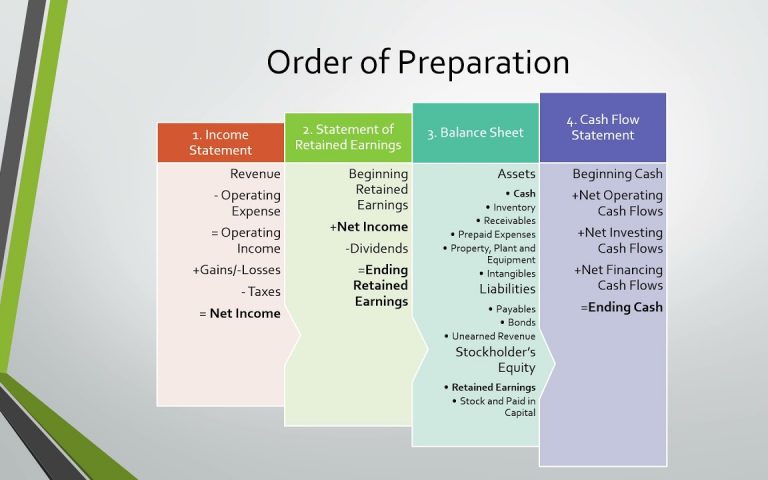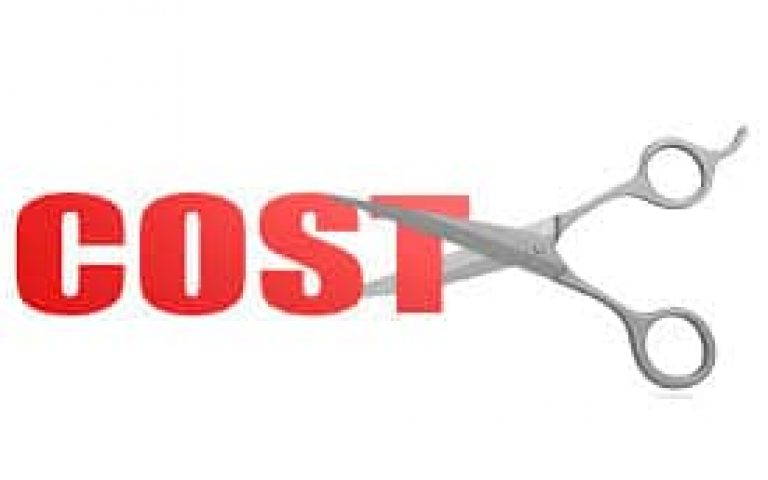All too often, entrepreneurs become prisoners of the business they have created. Their visions of what ownership would offer them thwarted by the realities of how they operate their businesses on a daily basis. This article takes aim at five areas most commonly responsible for this:
- Being the technician. Often, entrepreneurs start their own business because of a special skill they possess – for example; doctors, designers, mechanics, etc. However, this doesn’t relate to expertise in running a business. Too often, such entrepreneurs become trapped solely as the technicians in their businesses. Moreover, they may fail to develop the visionary, leadership, marketing, financial and strategic skills necessary to run a successful enterprise.
- Confusing busyness with accomplishment. Instead of working smarter or delegating, many owners hold tight to the delusion that working harder and harder is the solution. The more the business grows, the harder they work, never developing a strategy. Instead, they retain a sense that the growth is proof-positive they are moving in the right direction. The problem is, though, that they have become further shackled to daily operations. They increasingly “own a job” and lose more freedom.
- Leadership and delegation. The entrepreneur is often a micro-manager. Some may believe that no one can do a task as well as them and therefore they have to always intercede. For others, trust may play a role. Instead of properly leading, teaching, delegating, etc., they act as an employee instead of as a business owner in an oversight role.
- Inadequate business systems. Many owners quite simply don’t know how to design a business system or re-engineer an existing one. This includes plans, policies and procedures. Without properly documenting specific procedures or policies, they may run into issues effectively delegating tasks and likewise, face difficulty removing themselves as the technician.
- Failure to plan for growth. All businesses need to plan for growth. Operations in general will change as the business increases it customers, number and complexity of transactions, etc. In the absence of an adequate plan to accommodate such change and growth, producing predictable and consistent results will be extremely difficult.
Technical bias, busyness, inadequate delegation and leadership, inferior business systems and failure to plan for growth are five common areas that need to be thoughtfully considered in order to keep your business from making you a prisoner. After all, the idea of entrepreneurship is to own your business, not for your business to own you.
***
TITAN Business Development Group, LLC
272 Route 206, Suite 203
Flanders, New Jersey 07836























































































